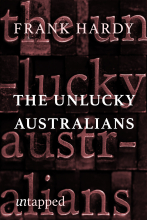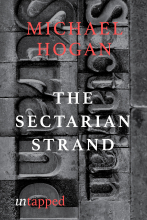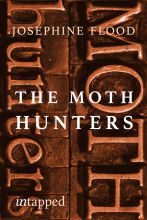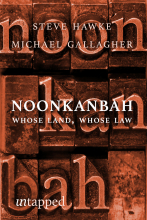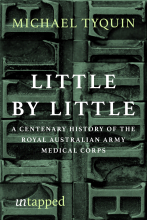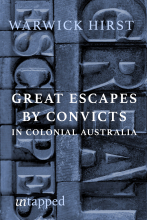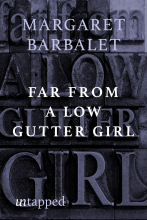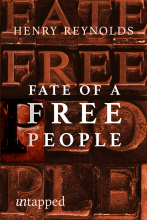![Book cover]()
by Frank Hardy
Ligature
untapped
genre History · Non-fiction
Bestselling author Frank Hardy’s seminal account of the Wave Hill Station strike, an event that launched the game-changing Indigenous land rights campaign.
In 1966, led by Vincent Lingiari, the Gurindji and other Indigenous peoples working on Wave Hill Station in the Northern Territory did something radical: they went on strike. They wanted equal wages—and land rights. Author Frank Hardy happened to be there. In The Unlucky Australians he tells the story of this walk-off, one that resulted in a successful land rights claim—a term Hardy has been credited for inventing in this important book, first published in 1968.
Some twenty years later, in 1991, Paul Kelly and Kev Carmody released a song about the strike which quickly captured national attention: ‘From Little Things Big Things Grow’. In the 40th Anniversary edition of this book, Kelly is quoted as saying, ‘I‘d heard of the Gurindji Wave Hill walk-off story in my travels over the years. Kev Carmody and I went on a camping trip in Queensland and came up with a melody and an idea. Then I read Frank’s book which put me right there.’
Reviewing this same anniversary edition for The Age , Nathan Hollier wrote: ‘It seems amazing that The Unlucky Australians has never been made into a movie. It is unbelievable that it has been out of print for so long. This is a great story that is of enormous importance to all Australians. That sounds like hyperbole, but it isn’t.’
What is unbelievable now is that the book fell out of print once again. The good news is that its inclusion in the Untapped Collection has rescued it for future generations.
Frank Hardy (1917–1994) was a journalist, novelist and scriptwriter. His books include Power without Glory (1950), the satire Outcasts of Foolgarah (1971), also in the Untapped Collection, and The Dead Are Many (1975).



